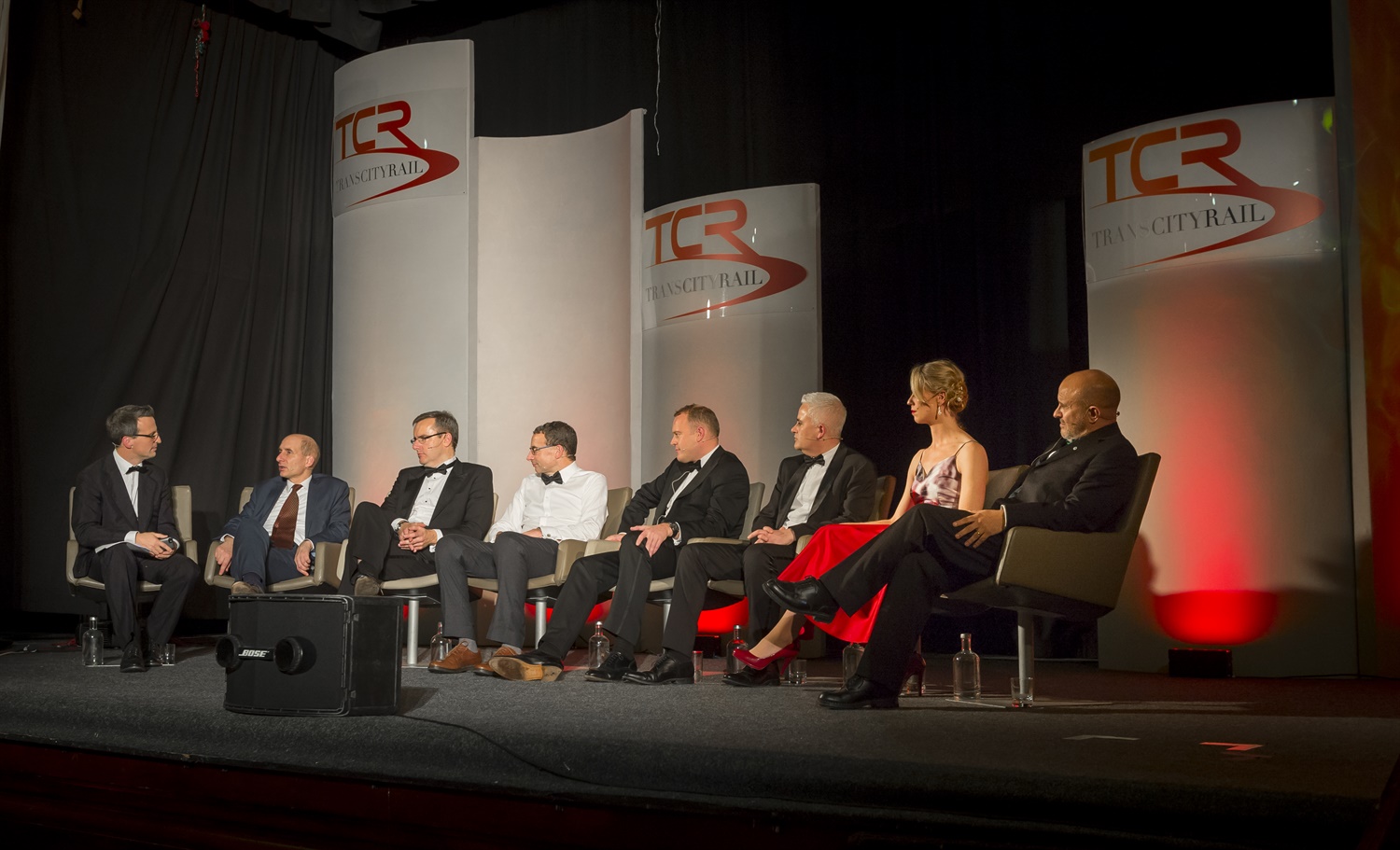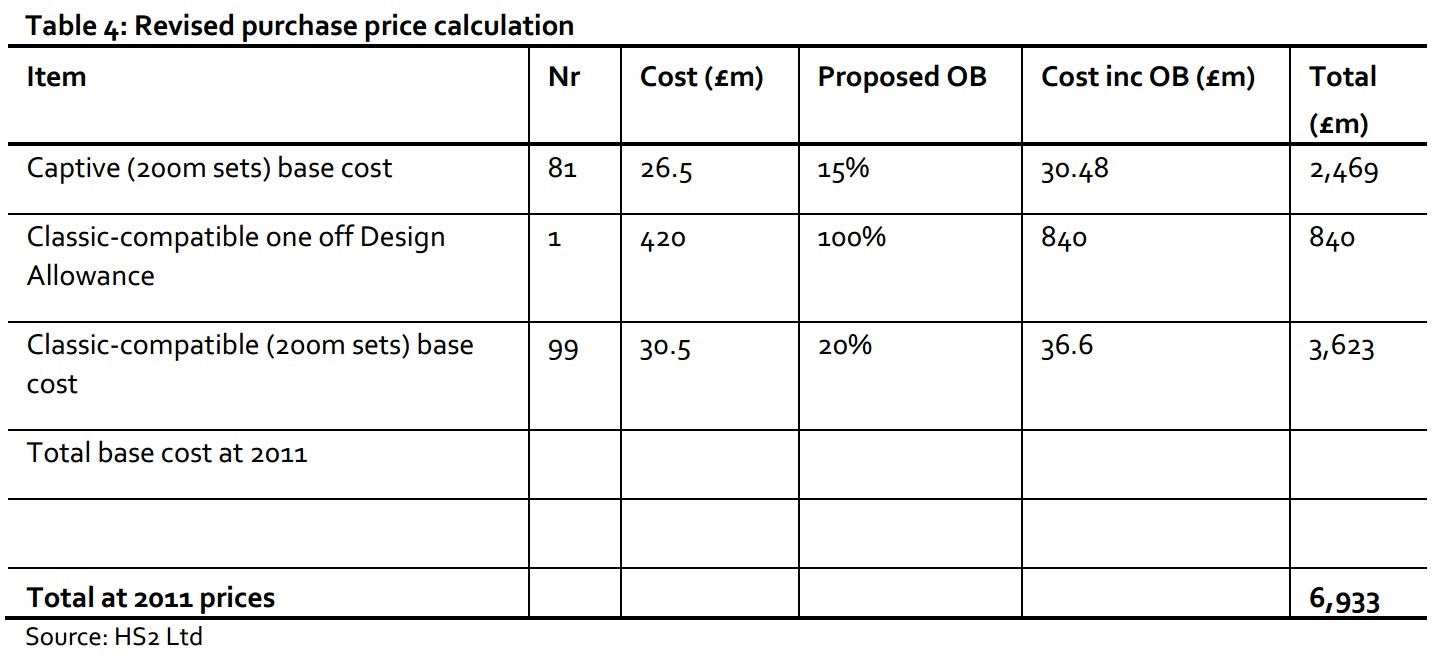17.11.15
HS2 rolling stock tender to be open to all and ‘fiercely competitive’
The tender process for HS2’s two types of rolling stock will be an open competition, Simon Kirby, chief executive of HS2 Ltd, confirmed at RTM’s recent TransCityRail North event.
He reiterated that the rolling stock for HS2 will comprise both a classic-compatible and a captive fleet, with both types of train to be 200m long. But as noted in HS2’s Rolling Stock Depot and Stabling Strategy, on some services, two trains will be coupled to provide a 400m train with up to 1,100 seats.
It is expected that about 60 of the 200m trains will be needed to operate the phase 1 passenger services, with approximately three-quarters of these being classic compatible trains and the remainder being captive, HS2-only trains.
“I truly believe it should be an open competition,” said Kirby, answering an audience question from a representative from the state-owned China Railway Rolling Stock Corporation.
Kirby said: “Whether the rolling stock comes from China, Sunderland, France, or wherever, we can’t specify it will be built in the UK. But our tender will be focused around heavily using the UK supply chain and UK jobs.”

Kirby added HS2 will be looking for “innovative ideas” from the market when the fleet starts to be procured in just over a year’s time.
Richard Westcott, the BBC’s transport correspondent and host for the evening, asked whether Kirby worried about how it will play in the media, when contracts are given to foreign companies. “All the time,” was the reply.
But, Kirby asked rhetorically, what exactly is a British company? “For me, it is about creating British jobs and getting value in this country,” he said. “I mean, Hitachi is just building a new factory in Sunderland [sic – the factory is in Newton Aycliffe], and Bombardier in Derby is certainly not a ‘British company’, but there are a lot of British jobs there producing great products.
“For me it is about British economy, British wealth. Not who the parent company is.”
On the open competition element, Nick Hughes (pictured), sales director at Hitachi Rail Europe, said that in the end, “the best bid will win”. He added that he believes the process will be “fiercely” competitive and all the major manufacturers, including the Chinese, will bid for this.

“I think it is the largest rolling stock order in anyone’s pipeline over the next five to 10 years,” said Hughes. “But you have to win it: you have to have the right product, the right price, the right schedule.”
According to HS2, the 'classic compatible' train fleet will have the same capability as the captive fleet when it comes to speed, acceleration and passenger capacity, but will be slightly smaller (in width and height) to allow them to operate on the existing UK rail network beyond the new phase 1 line, to destinations such as Liverpool, Manchester and Glasgow.

Click on the image to enlarge. 'OB' refers to 'optimism bias'.
Duncan Sutherland, non-executive director at HS2 Ltd, recently spoke to RTM about how classic-compatible services will boost economic growth, while Alstom’s HS2 director Henrik Anderberg told us his company would base its manufacturing in the UK if it won the HS2 rolling stock tender. Sutherland and Anderberg were among the nearly 600 guests at the TransCityRail North event, held on 12 November at Manchester’s Palace Hotel.
In late September, the chancellor, George Osborne, while on a trip to China announced that the bidding process for seven HS2 engineering contracts had started. The seven contracts, which will have a total combined value of £11.8bn, will form part of the first phase of construction works on the London-Birmingham route, set to start in 2017.